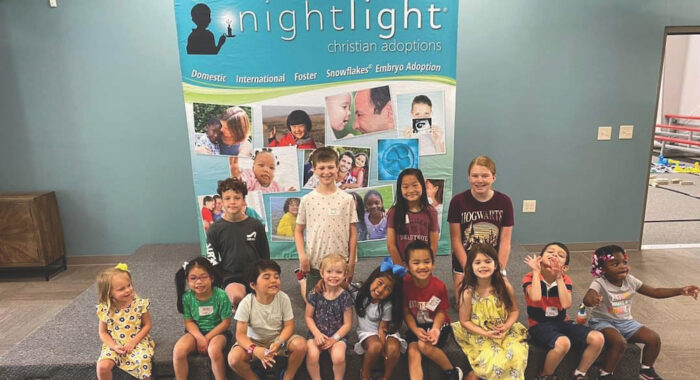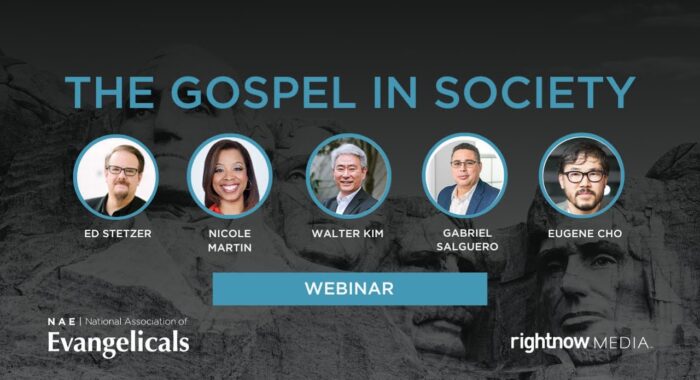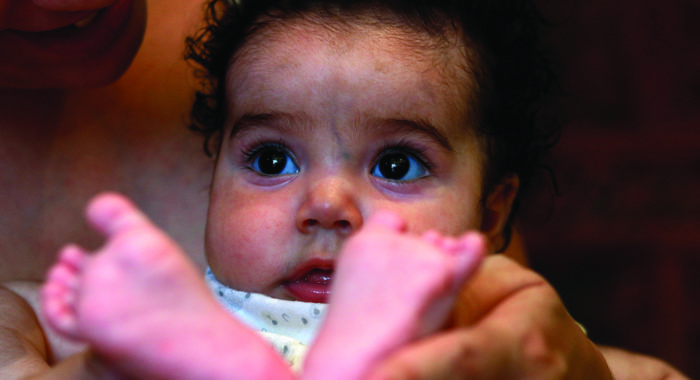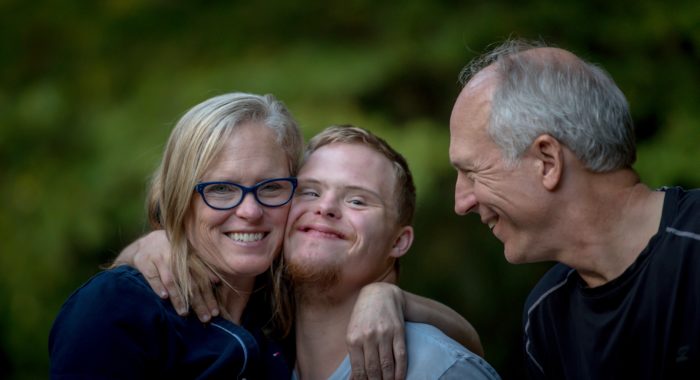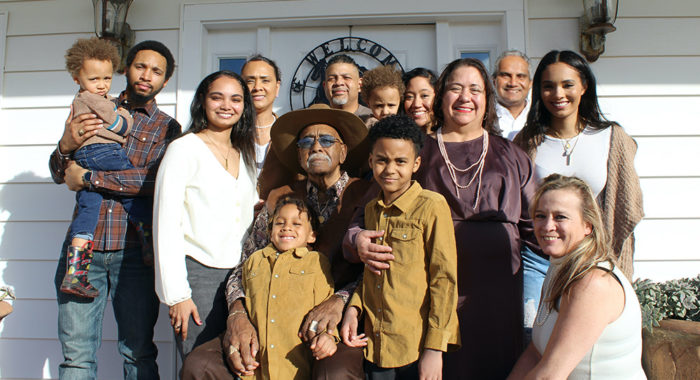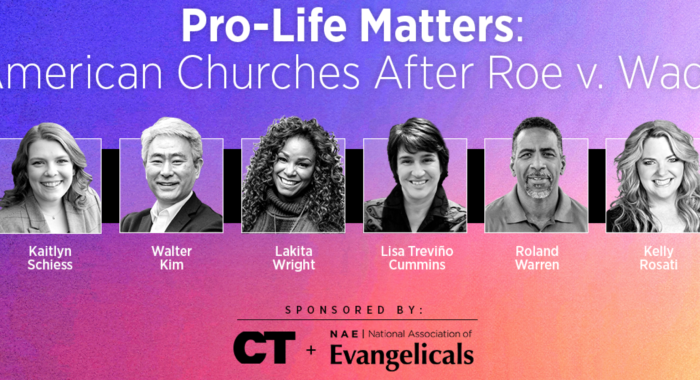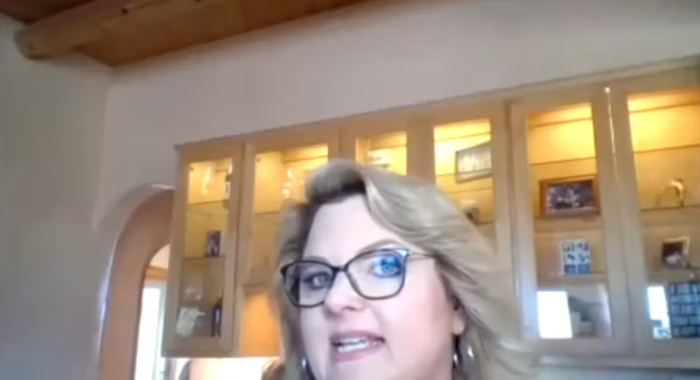Protection and care for vulnerable children has been a defining mark of Christianity since its first days. Even as a persecuted minority in the Roman Empire, Christians were known for rescuing and raising children abandoned by their pagan neighbors. Early church documents required that candidates for leadership be known as “lovers of orphans.”
This practice flowed from clear biblical commands. The call to look after “the orphan” and “the fatherless” included any child who lacked the full protection, provision and care that God intends families to provide — whether due to the death of one or both parents, abandonment, incapacity or otherwise.
For Christians today, this ancient commitment often takes the form of foster care. Foster care is meant to be temporary — providing a supportive home with hopes that in time children will be able to return safely to their biological family.
But foster care and all that surrounds it is no light endeavor. The foster system itself can be deeply frustrating for all involved. Meanwhile, caring for children who’ve known much hurt can require an immense outlay of body, mind and emotions.
Such an undertaking calls for a robust theology. The costliness and complexity will quickly crush wishful thinking like a bicycle struck by a car. Little wonder why more than half of new foster parents quit within the first year. To persevere with joy, we need strength and wisdom far beyond our own. Happily, Scripture offers both.
Essential Roles for Both the Government and the Church
“Government makes a terrible parent,” a friend of mine observed. For 30 years, she’d helped lead public systems capable of protecting children from harm and providing certain material goods and one-size-fits-all services. But what about the deeper stuff — the personal care and belonging — that children need most? She increasingly recognized that had to come from somewhere else.
Scripture points in the same direction. The Bible affirms a vital role for government. As Romans 13 describes, God has established governing authorities to uphold justice, maintain order and protect the weak. That certainly includes children who lack basic safety and care.
But while public systems can do much to protect children from abuse and severe neglect, government alone can rarely enable children to thrive. As study after study reveals, the outcomes are dismal for children who grow up in government systems.
That’s because the deepest needs of human beings cannot be met by assembly line. Children require the kind of personal attention and caring relationships that can only come from a loving home. That’s why God’s people can’t outsource this calling. Both government and church have a vital role to play.
Not Just a Requirement, but a Revealing of God’s Character
Christian care for vulnerable children is rooted in biblical mandate. “Defend the cause of the fatherless,” commands the book of Isaiah. “Pure religion,” says James, is marked by showing up on behalf of “orphans and widows in their distress” (James 1:27).
But this call is not merely a requirement of God’s people. More profoundly it is a revealing of God’s nature. The same words that Isaiah used appeared hundreds of years before in the Torah as a description of God himself: “He defends the cause of the fatherless…” (Deuteronomy 10:17). To care for the most vulnerable is ultimately a reflection of God’s character. As Psalm 68:5–6 puts it, “A Father to the fatherless, a defender of widows, is God in his holy dwelling. He sets the lonely in families.”
For the Christian, the wellspring runs even deeper. This is not only the story of a child without protection or care. It is our story, too. For what is the gospel if not that God welcomed us into his family when we were most in need? When Christians welcome and serve vulnerable children — whether through foster care or adoption, mentoring or support of struggling families — we are simply giving a small, humble reflection of the way he first loved us.
Three Mooring Truths for Foster Care
This love-in-response-to-gospel is the fountainhead of all Christian service. It is the only motivation that can outlast the world’s relentless need. But amidst the great complexity and costliness of foster care, three further theological truths are vital:
A Theology of Restoration. Not every child in foster care will return to their biological family. But that’s the hope. The trouble is, it’s sometimes hard to desire that, especially when the child you’ve come to love has been harmed by the family. I Corinthians gently rebukes: “Love hopes all things.” No matter how far a person has fallen, the gospel insists they are never beyond the reach of God’s redemptive love. This grounds Christians in a hope deeper than wishful thinking and calls us to work for the restoration of struggling parents whenever possible.
A Theology of Koinonia. The challenges of foster care are more than anyone can bear alone. Thankfully, God gave us the local church. The true fellowship — koinonia — that God intends for his people is far more than Sunday services. It bears burdens (Galatians 6:2), shares hospitality and resources (Romans 12:13), and rejoices and mourns together (Romans 12:15). Not everyone is called to foster or adopt or work with struggling parents, but each of us can play a vital part.
A Theology of Suffering. Children and families involved in the foster care system have tasted the world at its most broken. When we welcome them into our homes and our hearts, we share in that hurt with them. This makes no sense if life’s purpose is to maximize pleasure and minimize pain. As Paul described, “I want to know Christ, the power of his resurrection, and the fellowship of sharing in his sufferings” (Philippians 3:10). It’s not that we want to suffer. But we trust that amidst the trials we can experience an unparalleled fellowship with Christ. In God, even the very hardest things can be the source of great good — both in our own lives (Romans 5:3–5) and for others (i.e., Genesis 50:20).
Grounded in these truths, we have a foundation sturdy enough to weather the strains we’ll face if we answer the age-old call to care for vulnerable children and families today. Along with great challenges, we’ll experience joys we’d have tasted no other way. As a great many foster parents have expressed to me — and I’ve experienced firsthand as well — we’ll someday look back and say, “One of the hardest things I’ve ever done. One of the very best things, too.”
Check out the 'Everyone Can Do Something' guide ![Arrow]()
Jedd Medefind has served as president of the Christian Alliance for Orphans since 2009, uniting more than 225 Christian organizations and a global network of churches to ignite and equip individuals and churches for adoption, foster care and overseas orphan care ministry. Prior to this role, Medefind served as special assistant to former President George W. Bush and served as director for the Center Faith-Based and Community Initiatives. He has worked, studied and served a variety of organizations in over 30 countries, including Price-Waterhouse Moscow and Christian Life Bangladesh. He is the author of several books, including “Becoming Home: Adoption, Foster Care, and Mentoring—Living Out God’s Heart for Orphans.” Medefind is a graduate of Westmont College.




 View All Articles
View All Articles 












